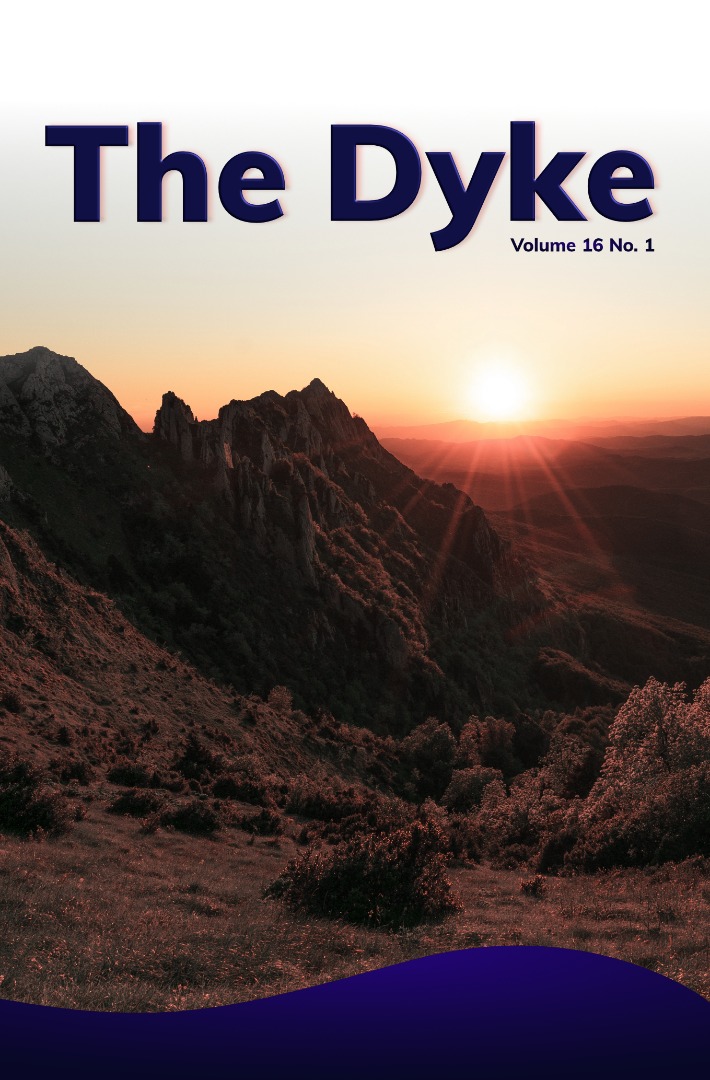Making sense of depression within the Shona culture: Perceptions of tertiary students in the Midlands Province of Zimbabwe
DOI:
https://doi.org/10.64754/thedyke.v16i1.142Abstract
This research paper sought to provide a deeper understanding of the conceptualisation of depression and its symptoms in students of the Shona Culture in a higher education institution. Vulnerability to depression is increased as students adapt to the university culture and the Shona Culture provides a unique template for the conceptualisation and expression of depressive symptoms. A constructivist worldview was adopted facilitating a qualitative approach to gather in-depth data from a non-random sample of students and their lecturers at a university in Zimbabwe. Results indicate that Shona students understand depression as stress; ‘kufungisisa’, thinking too much; madness; ‘kusuruvara’, sadness, and as something which was spiritually oriented. In some cases, it was difficult for the students to come up with a Shona word that directly translates to depression. Students believed depression was caused by failure to cope with the demands of college life, chronic illness, relationship problems, financial challenges, and as hereditary. The study, therefore, recommends that mental health practitioners in educational institutions adopt problem-solving strategies to enable students to cope with challenges emerging in their socio-economic environment. Research and mental health intervention programmes should incorporate Shona cultural syndromes of depression such as ‘kufungisisa’, ‘kusuruvara’ and any other terms that are suggestive of depression in order to facilitate a better understanding and diagnosis of depression. Mental health practitioners and traditional healers should collaborate to foster the development of tailor-made intervention strategies that considers both the scientific and spiritual pathology of depression.

Downloads
Published
How to Cite
Issue
Section
License
All articles in The Dyke are published under the Creative Commons Attribution 4.0 International License (CC BY 4.0).
Under this licence:
- Others may copy, redistribute, remix, transform, and build upon the work for any purpose, even commercially.
- Appropriate credit must be given to the original author(s) and source (The Dyke), along with a link to the license.
- Any changes made must be indicated.
Full licence details: https://creativecommons.org/licenses/by/4.0/
Archiving and Preservation
The Dyke supports long-term preservation of scholarly work through partnerships with digital repositories and indexing services, including Sabinet African Journals. Authors are also encouraged to deposit a copy of their published article in institutional or subject-specific repositories.




